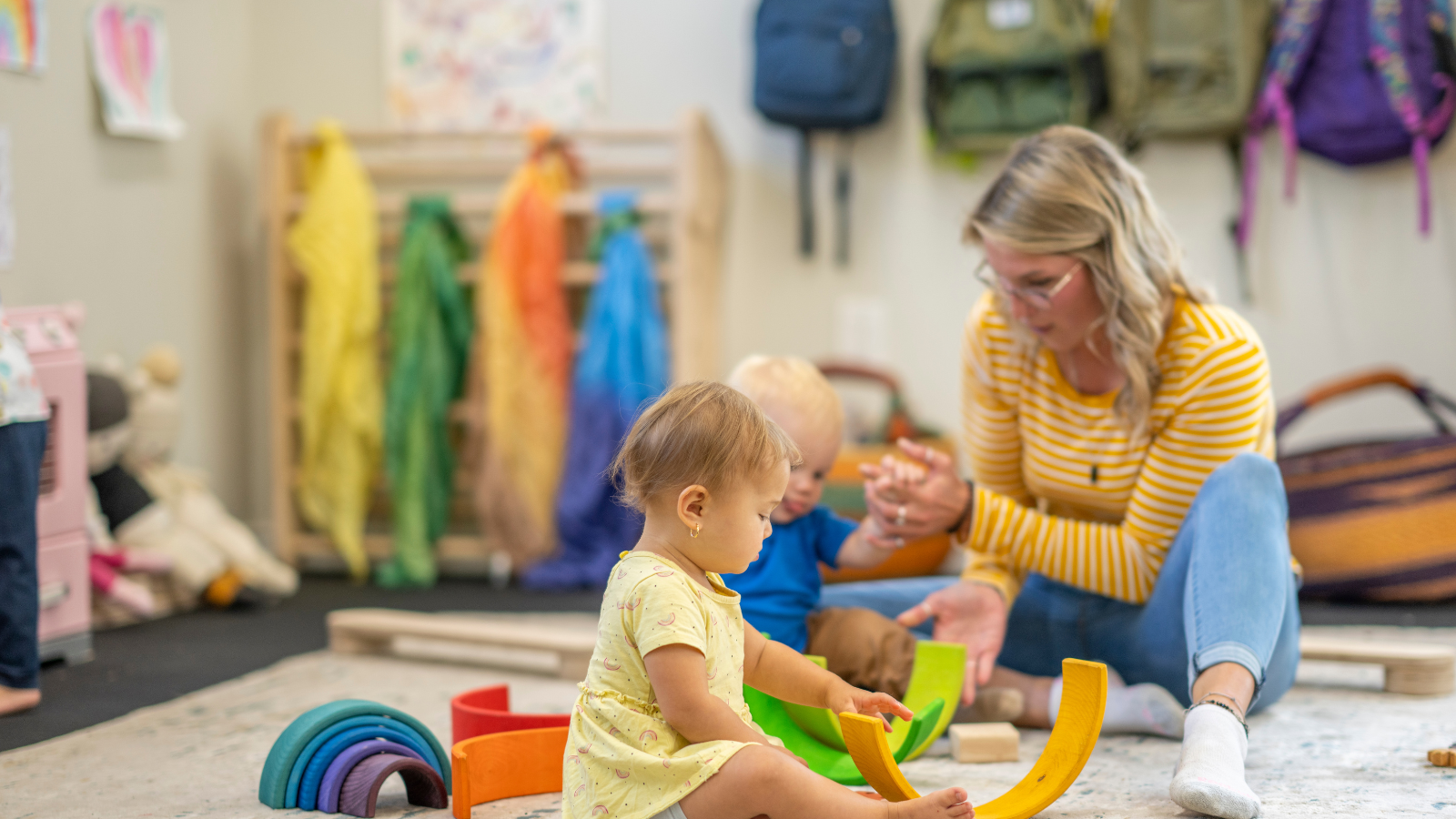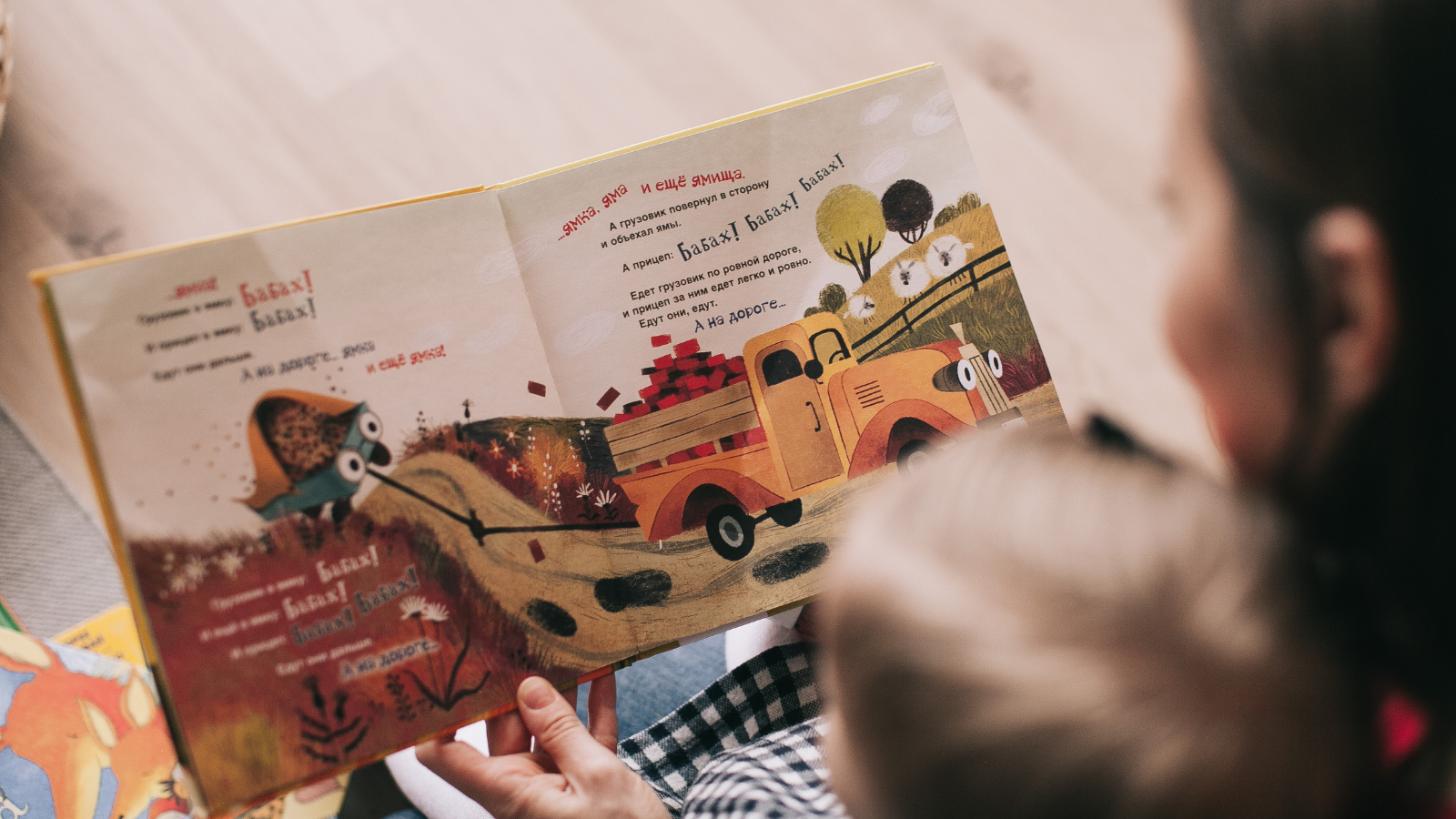With our list of the top seven things, every morning routine for kids must have, you may learn how to establish one that works for you and your family.
1. Get Enough Rest
The importance of sleep to overall health is comparable to that of a healthy diet and regular exercise. The entire family may experience agitation and out of balance if they don’t get enough sleep.
Getting enough sleep every night is crucial for both you and your children. The National Sleep Foundation recommends the following amounts of sleep per night for all age groups:
- newborns (under three months old): 14–17 hours
- 4–11-month-old infant: 12–15 hours
- Toddler (ages 12 months to 2 years): 11 to 14 hours
- Preschool (10–13 hours) for children ages 3-5
- Age in School (6-13 Years): 9-11 Hours
- Teenagers (14 to 17 years old): 8 to 10 hours
For more information on healthy sleep habits and the elements of quality sleep your child requires for restful sleep each night, check out our most recent blog.
2. Prepare the Night Before
Actually, the night before is where a successful morning ritual begins. Along with having a good night’s sleep, organizing the night before will help you stay focused for the upcoming day.
Just a few of the preparations you can make the previous evening include:
- If you plan on driving, fill up your tank the day before. Avoid being caught in the morning without fuel!
- Prepare lunches and place them in the refrigerator for tomorrow’s simple grab-and-go.
- Set your attire for tomorrow out. Allowing your child to choose what to wear or providing them with options will involve them.
- Make plans for breakfast the next day.
- To prevent the last-minute rush to leave the house, load your backpacks, diaper bags, and work bags and place them by the door.
Planning ahead for probable problems and allowing additional time for the inevitable distraction, misplaced item, tantrum, or power struggle are some ways to get ready the night before. It’s been said that “failing to plan is planning to fail.”
3. Reserve ‘Me’ Time
Make sure you get some alone time first before your kids wake up! Before the busy day starts, it’s crucial to practice self-care and take even just 15 minutes for yourself.
Here are some suggestions to get you going:
- Spend uninterrupted time with your morning cup of tea or coffee.
- Spend 15 to 20 minutes jogging or working out quickly at home.
- Practice mindfulness exercises in the morning.
- Enjoy five peaceful minutes of meditation.
- Read a section of your preferred book.
If you don’t mind getting up early, you could also spend some time getting ready before helping your children get ready so that you won’t run out of time when they need your assistance remaining on task.
4. Begin Each Day With Gratefulness
It’s simple to become engrossed in the commotion of a hectic morning schedule. Setting a positive tone for the day by practicing gratitude with your children in the morning is a wonderful way to start the day.
To begin each day with appreciation, try these things:
- Snuggling with your child can help them wake up. Spend the first five minutes of each day snuggling and building a relationship with your child.
- Together, practice positive affirmations.
- Take turns sharing what you are grateful for and anticipating in the coming day.
- The game “Unfortunately, Fortunately,” should be played. For instance, “Unfortunately, we can’t play outside today because it’s pouring. We can all play games together inside, which is a blessing.
5. Limit Your Morning Screen Time
Along with minimizing screen time before bed, it’s critical to limiting screen time throughout morning activities. Children may become distracted by technology and neglect important activities like making their bed and cleaning their teeth. Furthermore, limiting screen time in the morning helps reduce (or, ideally, prevent) the inevitable tantrum that will occur when it’s time to put the screens away. After the morning routine and the afternoon duties are finished, save the screens as a treat for later in the day.
6. Fuel Up Correctly!
Breakfast is undoubtedly the most significant meal of the day. Give your children (and yourself!) a wholesome, well-balanced breakfast to keep them energized throughout the morning. Include components that are high in protein, healthy fats, and fiber and low in processed sugar.
Try one of these delectable recipes for breakfast:
- No-Sugar Oatmeal ‘Cake’ of apples
- Pancake cups
- Fruit and spinach smoothies
- Veggie burgers
- Temp-Defying Oatmeal Bites
- Banana Butter Roll-Ups and Baby Banana Toast
7. Maintain Your Routine
It may take some time for both you and your children to become used to your morning routine. You will eventually find a balance and schedule that works for you and your children, though, with time, experience, and repetition.
Here are some pointers to get you going:
- Keep your morning routine uncomplicated and straightforward to follow. You’ll be considerably less likely to stick with your program if you overcommit or make it unachievable for your lifestyle.
- Be dependable. The secret to helping your youngster learn the morning expectations and develop the habit of performing the same duties every morning is consistency.
- Funnel it out! You’ll discover that your kids are more involved and will put up less of a fight each morning when they look forward to certain elements of their daily routine when you make it exciting.
- Priorities are responsibilities and play. By saving the more enjoyable aspects of the morning routine for last, you’re teaching your children to prioritize their responsibilities first and they will look forward to more enjoyable elements when they’re finished. This is not to say that you should necessarily reward your children for crossing off tasks in their morning routine.
- Offer options. If children can participate in the process and take ownership of their decisions, they are far less likely to resist and will be more engaged. Give them options for things like the lunchtime snacks they want to bring or the blouse they want to wear with the pair of pants you chose for them.
- To keep organized, use images. Having a visual to refer to, whether it be a poster, chart, checklist, or cue cards, will assist your youngster stay on target and know what to expect each morning.






